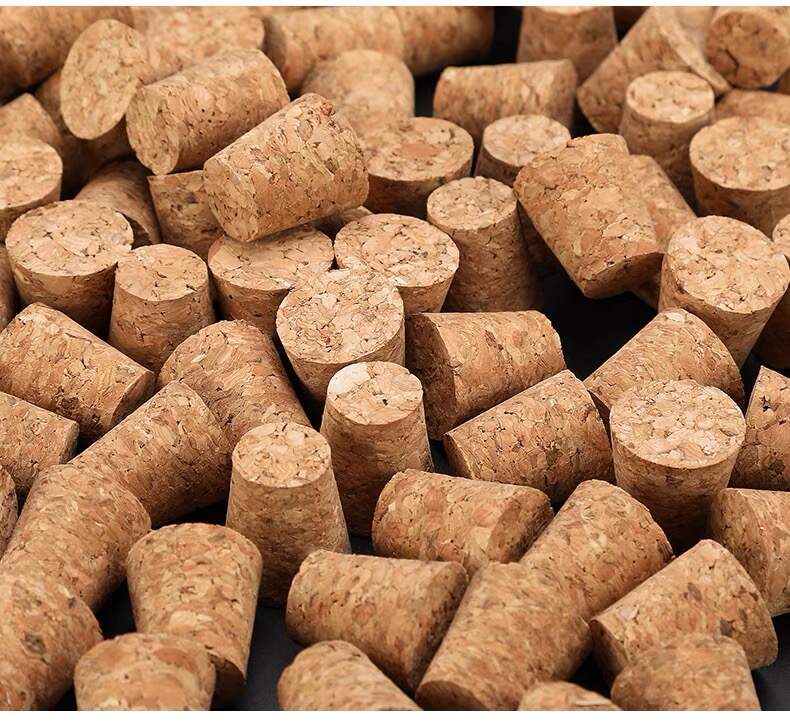

Email format error
Email cannot be empty
Email already exists
6-20 characters(letters plus numbers only)
The password is inconsistent
Email format error
Email cannot be empty
Email does not exist
6-20 characters(letters plus numbers only)
The password is inconsistent



In the bustling world of manufacturing, bottle cap factories play a surprisingly pivotal role. These factories might not be the first thing that comes to mind when you think of high-tech industries, but they are integral to the beverage and packaging sectors. From the soda you sip to the medicine you take, bottle caps are essential. In this blog, we will dive into the fascinating world of bottle cap factories, exploring their innovations, the challenges they face, and what the future holds for this crucial industry.
Bottle cap factories are specialized facilities dedicated to producing the various caps that seal bottles. These caps come in many shapes and sizes, designed to fit different types of bottles and products. Whether it's a twist-off cap for your favorite soda, a screw-on cap for a bottle of vitamins, or a flip-top cap for a sports drink, these factories are the unsung heroes behind these everyday conveniences.
The production process in a bottle cap factory typically starts with raw materials such as plastic or metal. These materials are molded into the shape of caps using advanced machinery. In many cases, the caps are then coated with a protective layer to ensure they can withstand various environmental conditions. Quality control is crucial, as each cap must provide a perfect seal to ensure the freshness and safety of the product inside.
The bottle cap industry has seen significant innovations in recent years. One of the most notable advancements is the development of tamper-evident caps. These caps are designed with features that show if a bottle has been opened or tampered with, which is crucial for consumer safety and product integrity. This innovation has become a standard in the industry, especially for pharmaceuticals and food products.
Another exciting development is the use of sustainable materials. With increasing awareness of environmental issues, many bottle cap factories are turning to recyclable and biodegradable materials. For instance, some manufacturers are experimenting with plant-based plastics or recycled materials to reduce their carbon footprint. These efforts not only help the environment but also meet the growing consumer demand for eco-friendly products.

Despite these advancements, bottle cap factories face several challenges. One major issue is maintaining production efficiency while meeting high quality standards. With the demand for customized and innovative caps increasing, factories must balance speed with precision. This requires constant upgrades in technology and machinery, which can be costly.
Another challenge is navigating the complex regulatory landscape. Different regions have varying standards and regulations regarding packaging materials, especially for food and medical products. Bottle cap factories must stay abreast of these regulations to ensure compliance and avoid costly recalls or legal issues.
Moreover, the industry faces pressure to adapt to changing consumer preferences. For example, the rise of eco-conscious consumers means that bottle cap factories must continuously innovate to offer sustainable solutions. This shift requires not only changes in materials but also adjustments in manufacturing processes and supply chain management.
Looking ahead, the future of bottle cap factories is promising yet filled with challenges. As technology continues to evolve, we can expect to see even more sophisticated and functional caps. Smart caps, for instance, are on the horizon. These caps could include sensors that monitor the freshness of the product or even provide real-time information to consumers through smartphone apps.
Sustainability will remain a key focus for the industry. With global efforts to combat climate change, bottle cap factories will need to find new ways to minimize their environmental impact. This might include further innovations in recyclable materials or even advancements in energy-efficient manufacturing processes.
Another trend to watch is the increasing use of automation and artificial intelligence. These technologies can enhance efficiency, reduce costs, and improve quality control. Factories that embrace these advancements will likely have a competitive edge in the market.
Bottle cap factories might not be the most glamorous part of the manufacturing world, but their impact is significant. From ensuring the safety and freshness of products to driving innovation in packaging, these factories are essential players in the global supply chain. As they navigate challenges and embrace new technologies, the future looks bright for the industry. So next time you twist off a bottle cap, remember that there’s a lot more to it than meets the eye—a whole world of innovation, dedication, and hard work lies behind that simple yet crucial component.